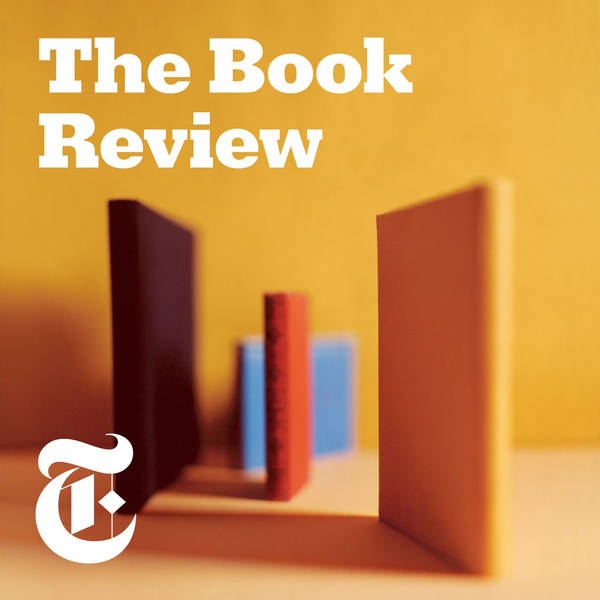
Talking ‘Dune’: Book and Movies
Frank Herbert’s epic novel “Dune” and its successors have been entrenched in the science fiction and fantasy canon for almost six decades, a rite of passage for proudly nerdy readers across the generations. But “Dune” is experiencing a broader cultural resurgence at the moment thanks to Denis Villeneuve’s recent film adaptations starring Timothée Chalamet. (Part 2 is in theaters now.)
This week on the podcast, Gilbert Cruz talks to The Times’s critic Alissa Wilkinson, who covers movies, culture and religion, about Herbert’s novel, Villeneuve’s films and the enduring hold of Fremen lore on the audience’s imagination.
“There’s a couple things that I think are really unsettling in ‘Dune,’” Wilkinson says. “One is, the vision of Frank Herbert was, I believe, to basically write a book that questioned authoritarians and hero mythology genuinely, across the board. Any kind of a hero figure he is proposing will always have things and people come up alongside that hero figure that distort their influence. Even if they intend well, if they’re benevolent, there’s still all of this really awful stuff that comes along with it. So Paul is a messiah figure — we believe he wants good things for most of the book — and then he turns on a dime or it feels like he might be turning on a dime. You can never quite tell where anyone stands in this book. And I think that is unsettling, especially because so many of the other kinds of things that we watch — the superhero movies, “Star Wars,” whatever — there’s a clear-cut good and evil fight going on. Good and evil don’t really exist in ‘Dune.’”
We would love to hear your thoughts about this episode, and about the Book Review’s podcast in general. You can send them to books@nytimes.com.
Unlock full access to New York Times podcasts and explore everything from politics to pop culture. Subscribe today at nytimes.com/podcasts or on Apple Podcasts and Spotify.
